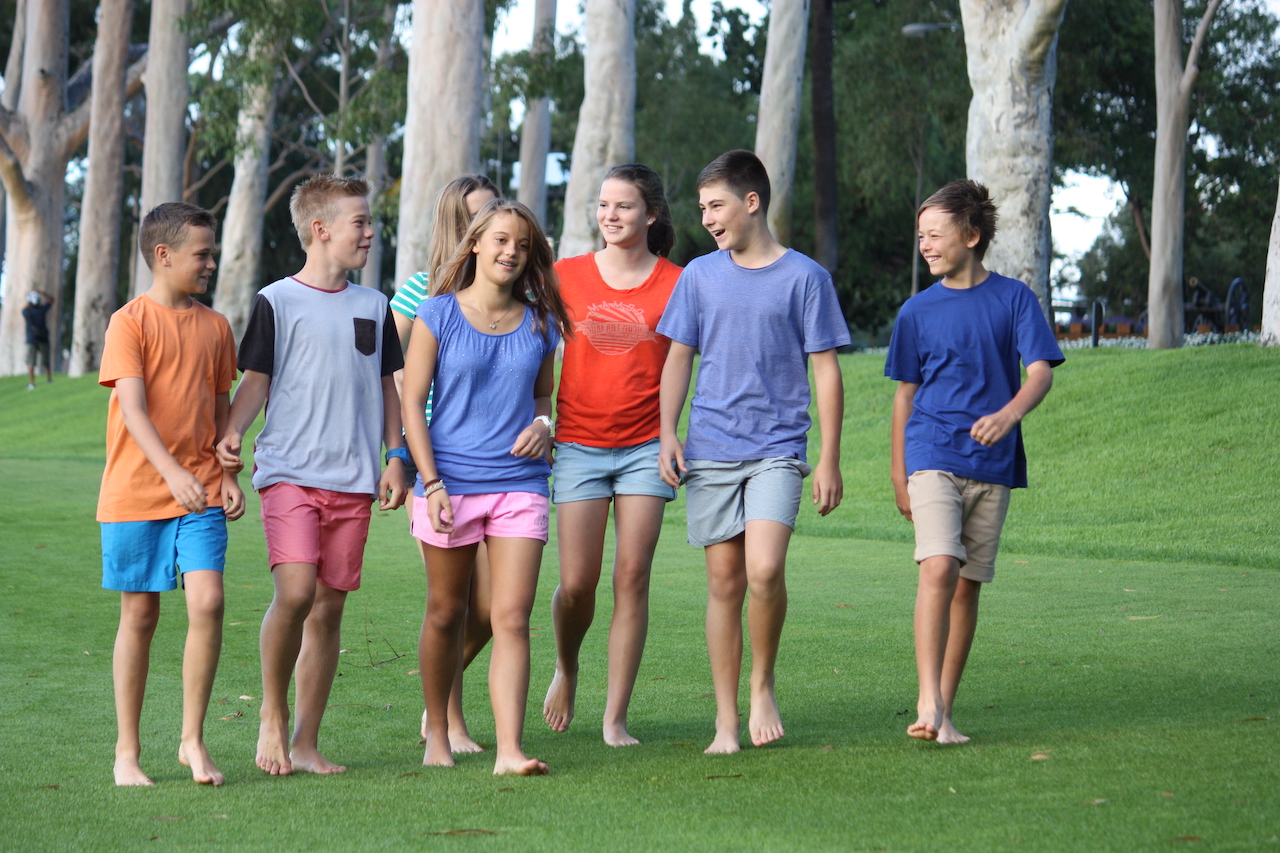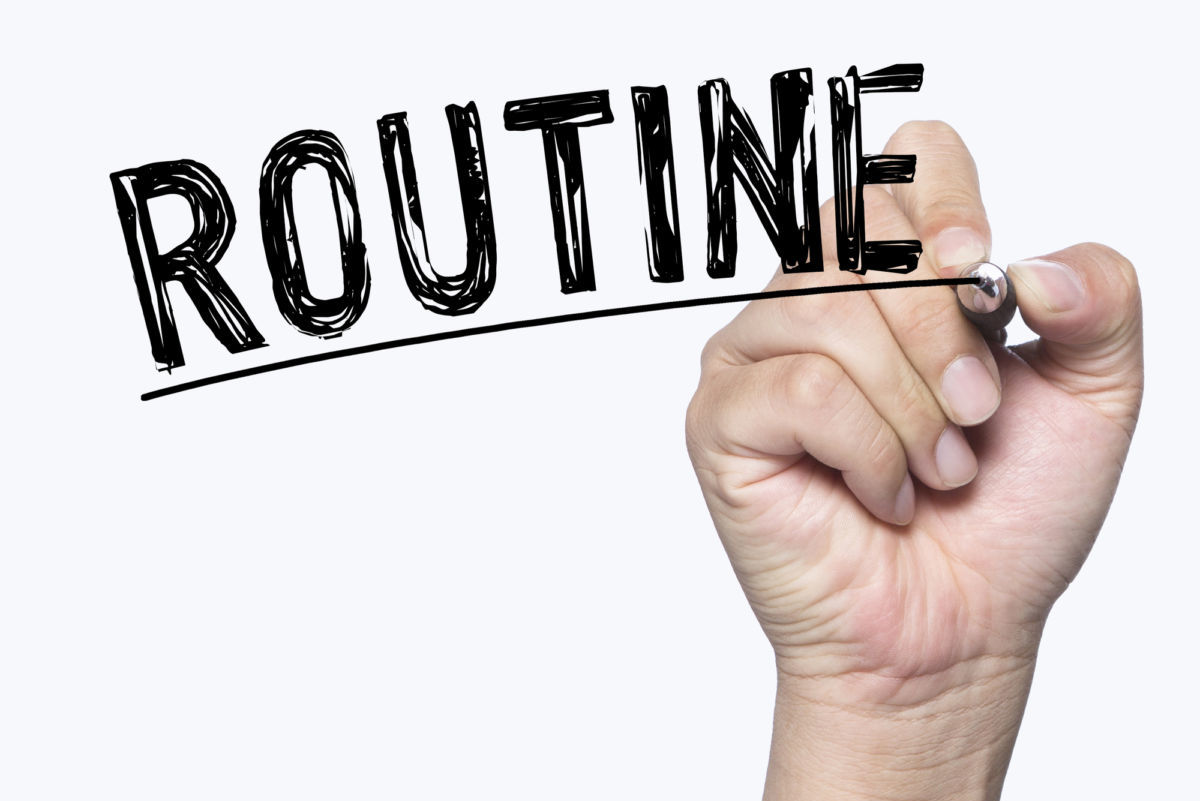HELPING TEENS CONNECT WITH THEIR TEACHERS IN HIGH SCHOOL
Teens who can direct their thinking about their new class/subject teachers are better placed to have a more positive experience with teachers.
It’s so easy to make quick judgements and first impressions which can morph into long lasting opinions. We all do it, but we would prefer teens to make judgements of teachers that prove to be beneficial to their learning and feeling comfortable at school.

Let’s help our tweens and teens embark on their own ‘find-out-more’ mission about their teachers. This is a skill which will serve them well in so many situations in life – with coaches, managers at work, in further study, with colleagues and of course with friends.
But to do this, they’ll need our help.
They’ll need us to assist them to scaffold their thinking, so to lessen knee-jerk reactions and judgements, which have the potential to block their JOY and ability to learn freely
I talk about ‘finding out more’ in my book for teens –ROC & RISE. It’s a very popular and game-changing section indeed and there’s a chunk of great info for teens in Hello High School – with sections about Tuning into teachers, Turning Criticism into Feedback, Searching for Solutions and Thinking again.
Avoid judgement questions- (not eliminate)
1. Do you like your teacher?
2. Is your teacher nice?
3. What do think of your teacher?
4. Is your teacher any good?
5. Is your teachers as good as the one you had last year?
6. Do your friends like him/ her?
– So much data and research tells us how important the respectful relationship between student and teacher is and the impact it can have on learning, creativity, happiness and sense of belonging at school.
It makes sense that judgment type questions can trigger an emotion-based response, and we know teens’ emotions can run their own crazy race with the potential to pull them down an unhelpful rabbit hole causing them to
Make snap judgements –
1. deciding they’re not a fan of the teachers vibe and never will be!
2. Believing the subject is terrible because they don’t like the teacher.
3. Showing up to class with less energy and bad attitude.
4.Talking about a teacher behind their back.
5. Giving up, disengaging or choosing not to get in with the job.
Ask more of these questions-
1. Did you see your teacher helping someone who needed a hand today?
2. Can you remember your teacher being patient in a tricky situation?
3. How did your teacher try to explain a complicated idea in science?
4. What did your teacher do today that you’re grateful for?
5. How did your teacher show kindness in form-room this afternoon?
6. What do you appreciate about your teacher?
7. Is there something you notice about your teacher that makes him/her unique?
This is definitely worth a try. Teenagers who have experimented and practiced this style of curious thinking, notice the ripple effect it can have on their school day, week and entire high school experience.
It’s not a fix-all or one size fits all, but it’s worth playing around with.
Related Posts





